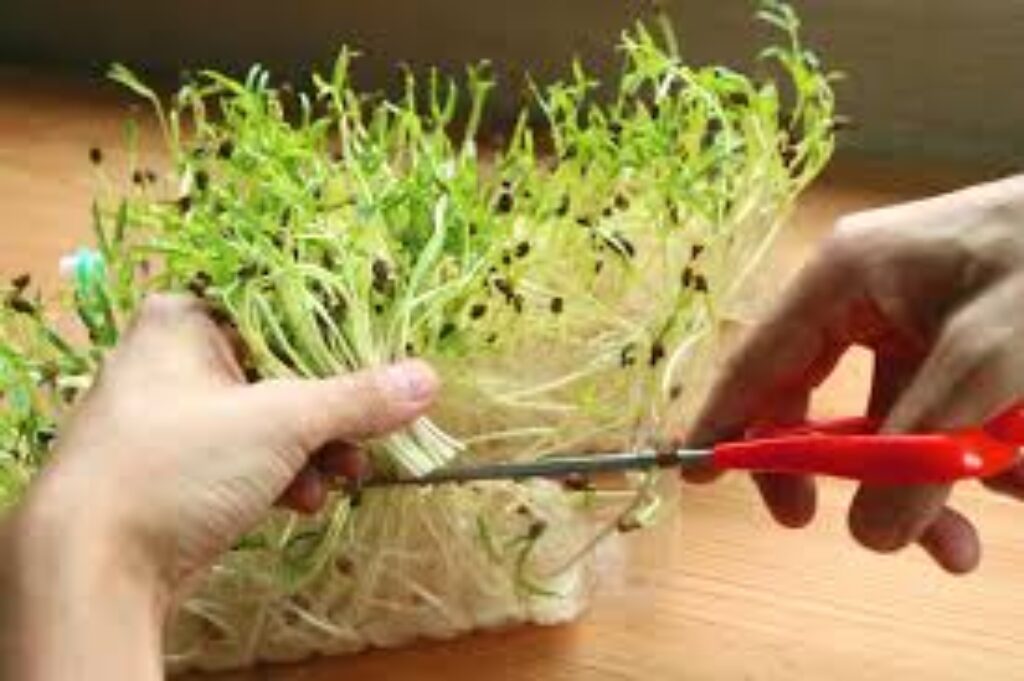
Collagen: What Is It? The Significance of Vegetarian Sources
If you’ve spent any time browsing the beauty or wellness aisles lately, you’ve probably seen the word “collagen” plastered across everything from skin creams to protein powders. Marketed as a miracle ingredient for glowing skin, strong nails, and joint health, collagen has become a buzzword in the health community.
But what exactly is collagen, and can you really get it from vegetarian sources? Let’s dive into the science behind this vital protein—and explore how plant-based eaters can still support their body’s natural collagen production.
What is Collagen?
Collagen is the most abundant protein in the human body. It acts like a biological glue, holding everything together—from skin, bones, and tendons to muscles and ligaments. Collagen provides structure, strength, and elasticity, and plays a critical role in maintaining youthful skin, resilient joints, and healthy connective tissues.

There are at least 16 different types of collagen, but about 90% of the collagen in our body is Type I, II, and III:
- Type I: Found in skin, bones, tendons, and teeth.
- Type II: Found in cartilage and joints.
- Type III: Found in skin, muscles, and blood vessels.
As we age, collagen production naturally declines—starting as early as our mid-20s. This leads to signs of aging like wrinkles, sagging skin, joint pain, and decreased muscle mass.
The Problem: Most Collagen Supplements Aren’t Vegetarian
Traditional collagen supplements are typically derived from animal sources—usually bovine (cow), porcine (pig), or marine (fish) collagen. These are hydrolyzed into collagen peptides for easier absorption and are widely used in beauty and wellness products.
While effective, these supplements are not suitable for vegetarians or vegans. So the question becomes: Can you support collagen health without consuming animal products?
The answer: Yes, but differently.
The Significance of Vegetarian Sources
Rather than providing collagen directly, vegetarian-friendly options support the body’s own collagen synthesis. Think of them as collagen boosters rather than collagen replacements. Here’s how they work:
1. Collagen is Made from Amino Acids
Your body builds collagen using amino acids, especially glycine, proline, and hydroxyproline. While animal products are rich in these, you can also obtain them from plant-based sources:
- Glycine: Found in beans, seeds (especially sesame and sunflower), and spinach.
- Proline: Found in cabbage, mushrooms, soy products, and asparagus.
2. Vitamin C is Crucial
Vitamin C is essential for collagen synthesis. Without it, your body can’t properly link amino acids together to form collagen.
- Vegetarian sources: Citrus fruits, bell peppers, kiwi, strawberries, and leafy greens.
3. Zinc and Copper
These minerals play supporting roles in collagen production.
- Zinc sources: Pumpkin seeds, legumes, nuts, and whole grains.
- Copper sources: Cashews, sesame seeds, lentils, and mushrooms.
4. Silica and Biotin
These nutrients enhance collagen formation and skin elasticity.
- Silica: Found in oats, bananas, and brown rice.
- Biotin: Found in almonds, sweet potatoes, spinach, and avocado.
Vegetarian Collagen Boosters: What to Look For

Since you won’t find true collagen in vegetarian supplements, look for collagen builders or plant-based collagen support formulas. These often contain:
- Amino acids from pea or rice protein
- Vitamin C and other cofactors
- Hyaluronic acid for skin hydration
- Antioxidants from berries, green tea, or turmeric
Some popular vegetarian ingredients known to support collagen include acerola cherry, bamboo silica, horsetail extract, and amla fruit.
Lifestyle Habits that Help Preserve Collagen
In addition to diet, your lifestyle plays a major role in collagen maintenance:
- Wear sunscreen: UV exposure breaks down collagen.
- Avoid smoking and excess sugar, which can damage collagen fibers.
- Get enough sleep—collagen is produced during deep sleep cycles.
- Exercise regularly to stimulate circulation and support tissue repair.
Final Thoughts
Collagen is a key structural protein that supports many vital functions in the body—from smooth skin to flexible joints. While traditional collagen supplements come from animal sources, vegetarians and vegans don’t have to miss out on its benefits.
By focusing on collagen-building nutrients—like amino acids, vitamin C, zinc, and biotin—you can help your body produce collagen naturally. Add in healthy habits and a supportive plant-based diet, and your skin, joints, and overall health will thank you.
So whether you’re plant-based by choice or necessity, you don’t need to compromise when it comes to collagen. Your body already has the tools—it just needs the right fuel.








